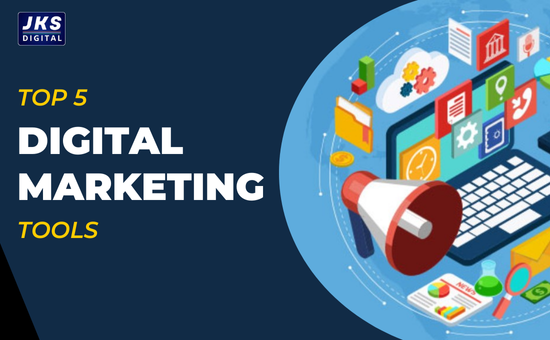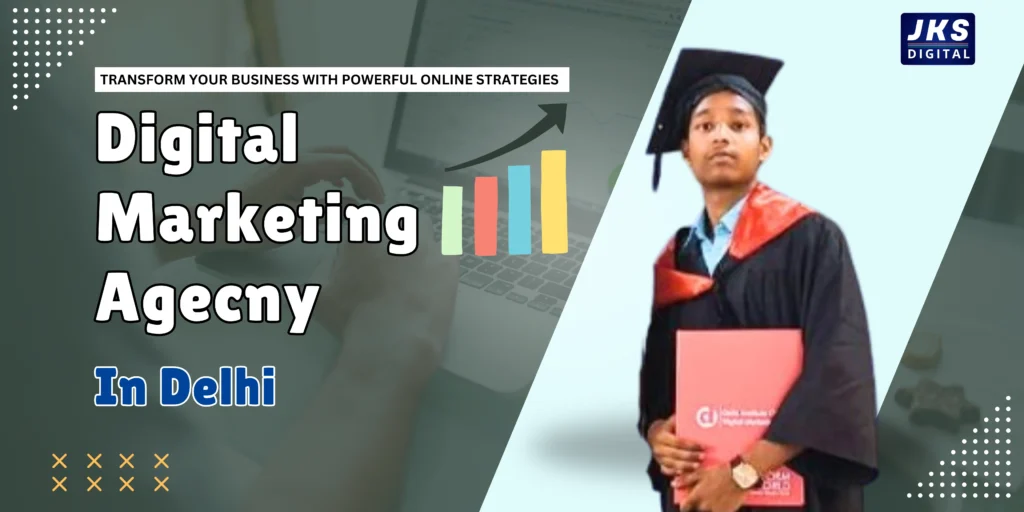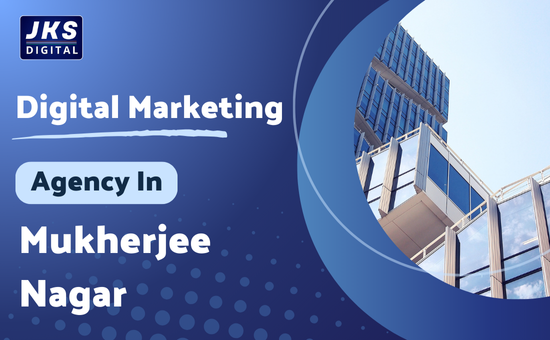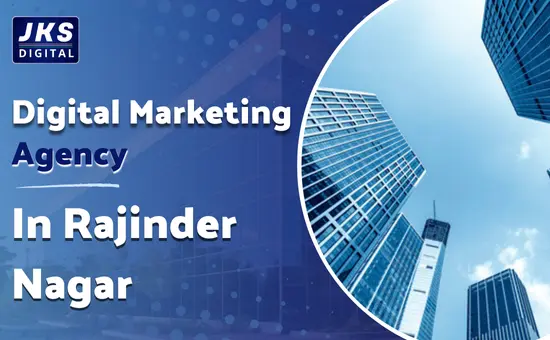Social Media vs SEO: In the vast landscape of digital marketing, two strategies often stand out: Social Media Marketing (SMM) and Search Engine Optimization (SEO). Both have their unique strengths and serve different purposes, but choosing the right one depends on your business goals, audience, and resources. We’ll dissect these tactics, weigh the advantages of each, and assist you in selecting the one that best suits your requirements in this blog
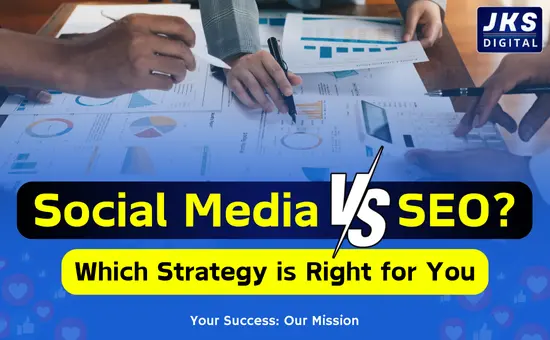
Understanding Social Media Marketing (SMM)
Social Media Marketing revolves around leveraging platforms like Facebook, Instagram, Twitter, LinkedIn, and TikTok to connect with your audience. The main focus is on creating engaging content, building brand awareness, and fostering relationships with followers.
Key Features of Social Media Marketing:
- Instant Engagement: Social media offers direct interaction with your audience through comments, likes, and messages.
- Visual Appeal: Platforms like Instagram and Pinterest thrive on eye-catching visuals, making them ideal for creative industries.
- Paid Advertising Options: Most platforms provide advanced advertising tools for precise audience targeting.
- Real-Time Updates: Share time-sensitive offers, promotions, or news quickly.
Read Also – SEO vs. PPC: Which Strategy Works Best for Your Brand?
Understanding Search Engine Optimization (SEO)
Optimizing your website to rank higher on search engine result pages (SERPs) is the main goal of SEO. By targeting relevant keywords and improving site performance, you attract organic (non-paid) traffic to your website.
Key Features of SEO:
- Long-Term Results: SEO takes time to show results but offers sustainable traffic once established.
- Cost-Effectiveness: Organic traffic doesn’t require ongoing ad spend.
- Search Intent Matching: SEO ensures your content aligns with what users are actively searching for.
- Technical Optimization: Includes improving site speed, mobile responsiveness, and secure connections.
Social Media vs SEO: Head-to-Head Comparison
| Aspect | Social Media | SEO |
|---|---|---|
| Time to Results | Immediate results through paid ads or viral content. | Takes time to rank but offers lasting results. |
| Cost | Requires ongoing investment in ads or content creation. | Primarily upfront investment; organic traffic is free. |
| Audience Engagement | High engagement through comments and shares. | Limited interaction, mostly one-way communication. |
| Content Lifespan | Short-lived (posts trend for a day or two). | Long-lasting (evergreen content remains relevant). |
| Best for | Building brand awareness, engaging audiences. | Generating leads, boosting website traffic. |
Read Also – Facebook Ads Strategies: Drive Engagement and Boost Conversions
When to Choose Social Media Marketing
Ideal Scenarios:
- You’re Launching a New Product: Social media is perfect for creating buzz and excitement.
- Your Audience is Highly Visual: Businesses in fashion, travel, food, or design can benefit from visually appealing platforms.
- You Want Instant Results: For time-sensitive campaigns like sales or event promotions, social media is a great choice.
- Your Target Audience is Active on Social Platforms: If your customers spend a lot of time on Instagram or Facebook, social media is a no-brainer.
Challenges:
Social media requires constant updates and fresh content. Without regular engagement, your presence can fade quickly.
When to Choose SEO
Ideal Scenarios:
- You Want to Build Organic Traffic: SEO is excellent for attracting visitors without recurring ad spend.
- You Have a Long-Term Growth Plan: SEO works best when you’re ready to wait a few months for solid results.
- Your Industry Thrives on Information: Blogs, guides, and how-to articles perform well in search engines.
- Your Customers Use Google to Find Products/Services: If your audience actively searches for solutions, SEO is invaluable.
Challenges:
SEO demands consistent effort in keyword research, content creation, and technical optimization. It also requires patience.
Read Also – Social Media Growth Strategies: Top Tips for 2025
The Ideal Approach: Combining Social Media and SEO
For most businesses, a hybrid approach works best. Here’s how you can combine the two:
- Promote SEO Content on Social Media: Share blog posts, articles, or infographics to drive traffic.
- Use Social Media Insights for SEO: Analyze what content resonates on social media and create SEO-friendly versions.
- Repurpose Content: Turn a popular blog post into Instagram carousel slides or a LinkedIn post.
- Leverage Paid Ads While SEO Builds: Use social media ads for quick wins while waiting for SEO to generate organic results.
Conclusion: Which Strategy is Right for You?
The choice between social media and SEO depends on your specific goals:
- opt for Social Media Marketing if you need quick visibility, high engagement, and a direct connection with your audience.
- Choose SEO if you want sustainable traffic, higher conversions, and cost-effective growth over time.
In the end, integrating the two approaches frequently produces the best outcomes. Social media can amplify your brand’s voice, while SEO ensures a steady stream of organic leads. Assess your goals, resources, and audience preferences to craft a digital marketing strategy that’s right for your business.
Read Also – 10 Proven Backlink Strategies to Elevate Your SEO Game
Need Help with Digital Marketing?
If you’re unsure how to balance social media and SEO for maximum impact, our experts can guide you. Together, we can develop a plan that is specific to your company’s requirements. Reach out today!

